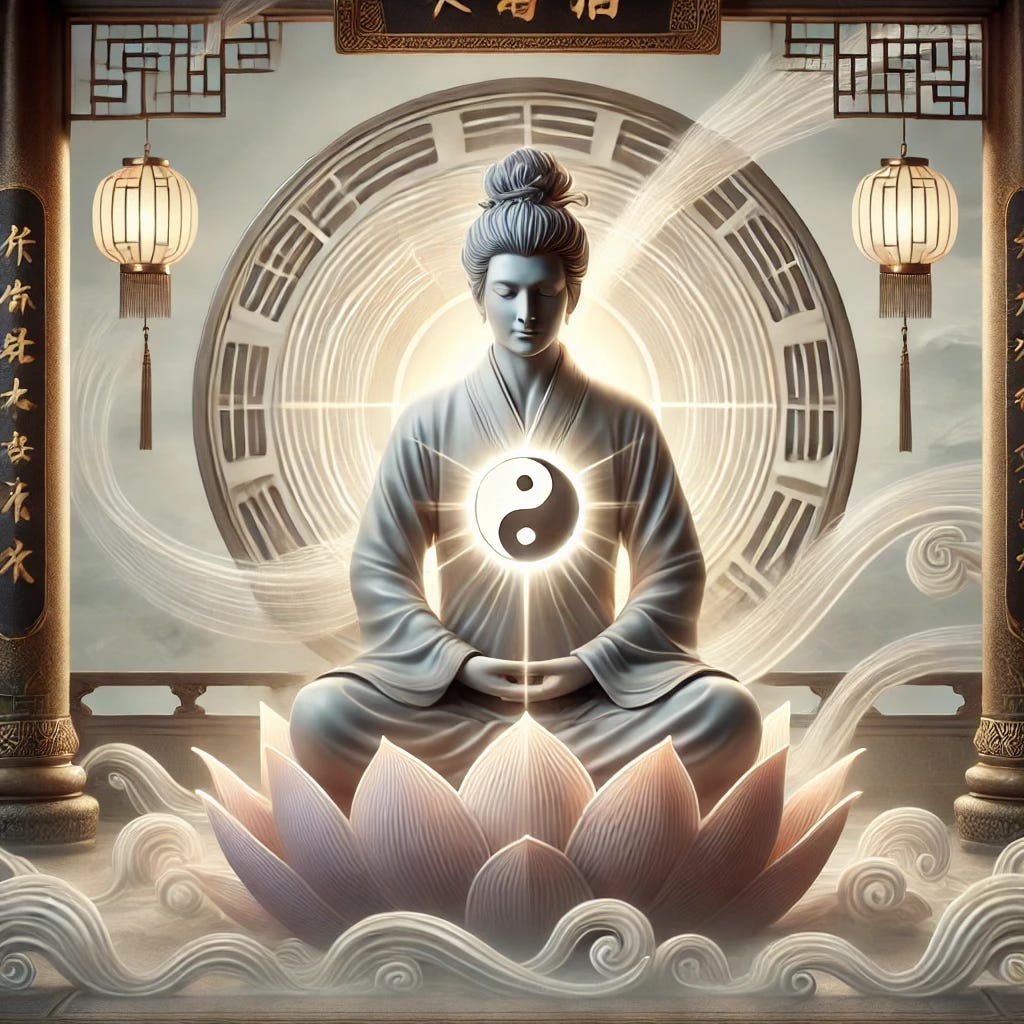Understanding Mind/Shén in Taoism & Traditional Chinese Medicine
In Traditional Chinese Medicine (TCM), the concept of "Shén" (神) is one of the most profound and pivotal elements in understanding human life and health. Shén, often translated as "Spirit" or "Mind," transcends mere physiological functions and delves into the spiritual, emotional, and mental aspects of human existence. It is considered the ruler of all …



